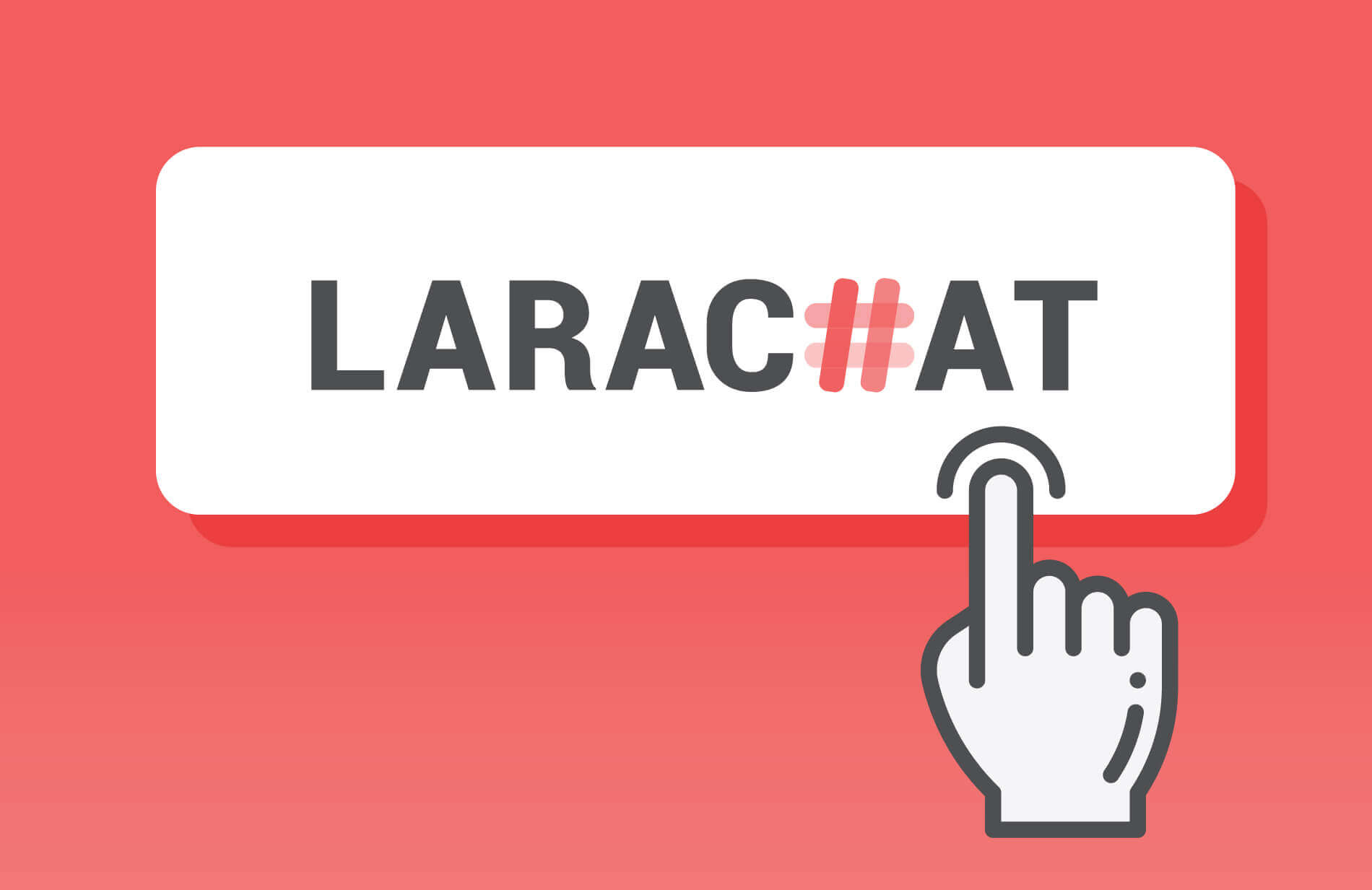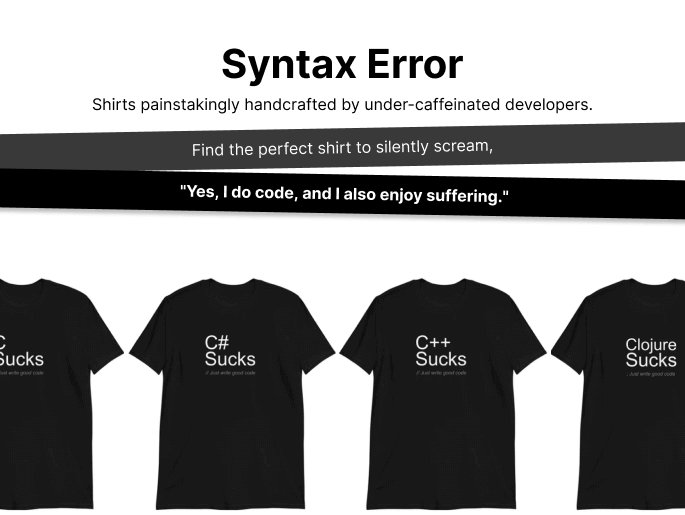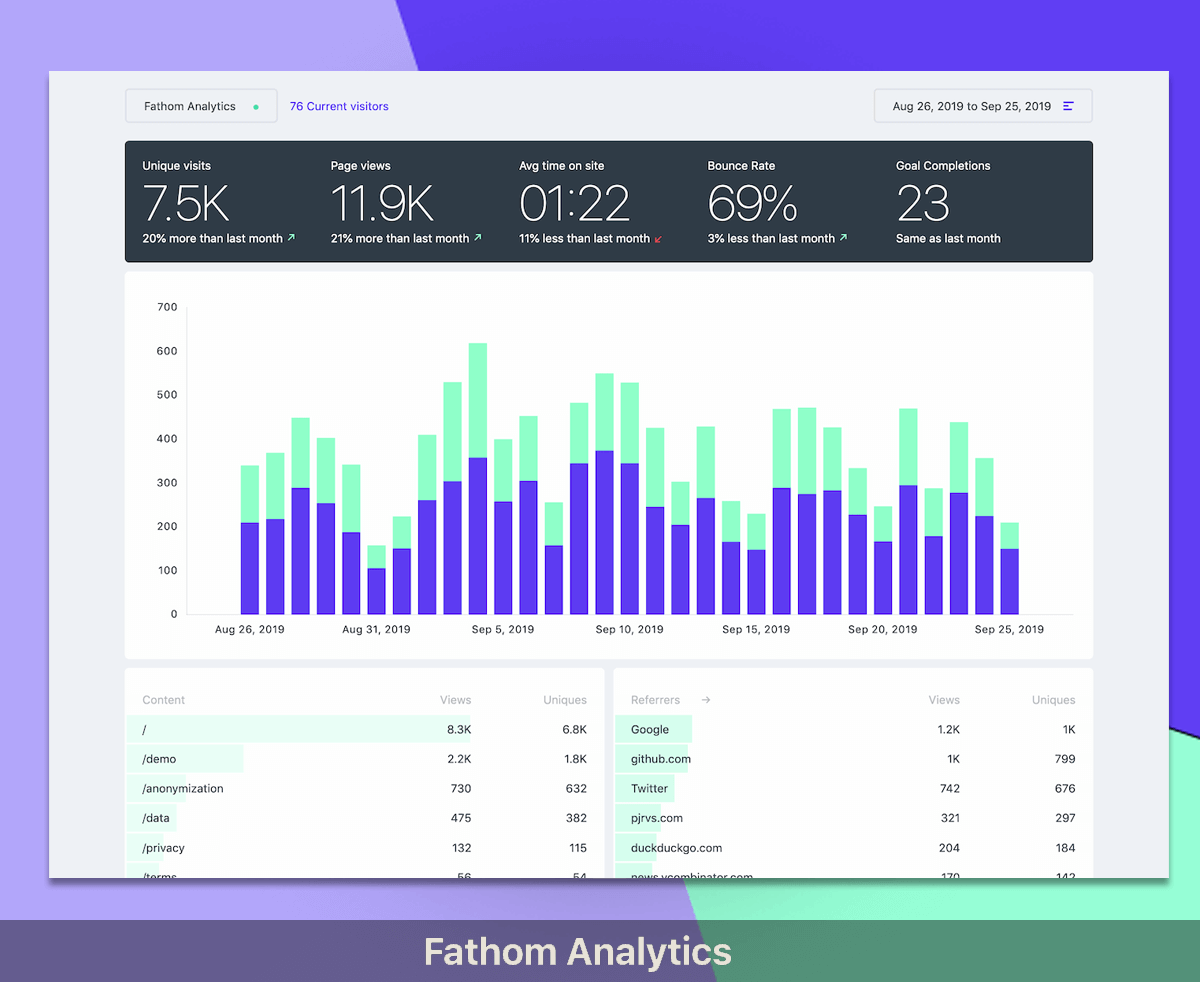Get the latest Laravel/PHP jobs, events and curated articles straight to your inbox, once a week
Source: dev.to
Routing Advanced Tips - Laravel
I found some great resources that give me some powerful advice when writing a route and I wanted to share them with you for your future projects. Use more than one resources and Controller in one resources
Route::get('photos/popular', 'PhotoController@method'); Route::resource('photos', 'PhotoController'); Group in Another Group // public routes Route::get('/', 'HomeController@index'); // Logged-in users - with "auth" middleware Route::group(['middleware' => ['auth']], function () { // /user/XXX: In addition to "auth", this group will have middleware "simple_users" Route::group(['middleware' => ['simple_users'], 'prefix' => 'user'], function () { Route::resource('tasks', 'TaskController'); }); // /admin/XXX: This group won't have "simple_users", but will have "auth" and "admins" Route::group(['middleware' => ['admins'], 'prefix' => 'admin'], function () { Route::resource('users', 'UserController'); }); }); Route Parameter Validation – Multi-Language The main part here is ‘where’ => [‘locale’ => ‘[a-zA-Z]{2}’] where we use a regular expression to match only two-letter combinations
So, if you want to create V2 route group, you can create a separate routes/api_v2.php and do this public function map() { //... older functions $this->mapApiV2Routes(); }
Route::middleware('auth:api', 'throttle:rate_limit,1')->group(function () { Route::get('/user', function () { // }); }); Route List and Route Caching you can check your actual route with Artisan command php artisan route:list after every change of your routes, you need to launch command php artisan route:clear
Route::get('photos/popular', 'PhotoController@method'); Route::resource('photos', 'PhotoController'); Group in Another Group // public routes Route::get('/', 'HomeController@index'); // Logged-in users - with "auth" middleware Route::group(['middleware' => ['auth']], function () { // /user/XXX: In addition to "auth", this group will have middleware "simple_users" Route::group(['middleware' => ['simple_users'], 'prefix' => 'user'], function () { Route::resource('tasks', 'TaskController'); }); // /admin/XXX: This group won't have "simple_users", but will have "auth" and "admins" Route::group(['middleware' => ['admins'], 'prefix' => 'admin'], function () { Route::resource('users', 'UserController'); }); }); Route Parameter Validation – Multi-Language The main part here is ‘where’ => [‘locale’ => ‘[a-zA-Z]{2}’] where we use a regular expression to match only two-letter combinations
So, if you want to create V2 route group, you can create a separate routes/api_v2.php and do this public function map() { //... older functions $this->mapApiV2Routes(); }
Route::middleware('auth:api', 'throttle:rate_limit,1')->group(function () { Route::get('/user', function () { // }); }); Route List and Route Caching you can check your actual route with Artisan command php artisan route:list after every change of your routes, you need to launch command php artisan route:clear
Newsletter

Glimpse
Glimpse streamlines Laravel development by seamlessly deploying GitHub pull requests to preview environments with the help of Laravel Forge.
Laravel/PHP Careers





